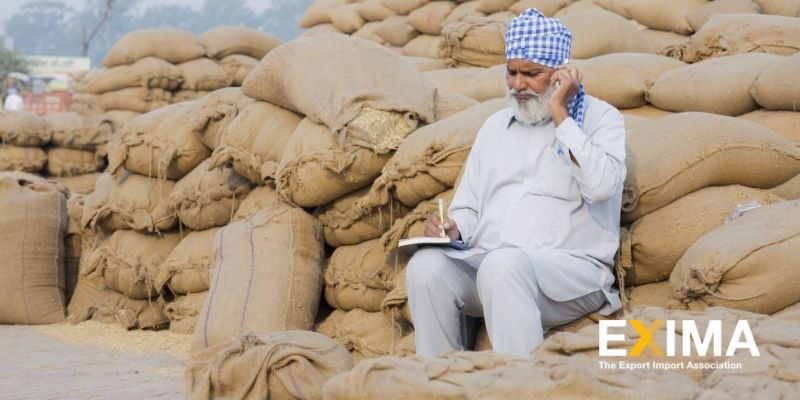According to the Press Trust of India (PTI), the official news agency of India, the country has exported 1.8 million tonnes of wheat to various countries since it banned exports of the grain. India’s Food Secretary Sudhanshu Pandey was also quoted stating that about 33,000 tonnes of wheat, as humanitarian assistance, has been supplied to Afghanistan against the commitment of 50,000 tonnes. The announcement was made at a ministerial conference on uniting for global food security held in Berlin, Germany, on June 24th.
As per an official statement, India has always taken the needs of the world into consideration, even while meeting the onerous obligations of feeding its population of 1.38 billion people.
The Commitment to Global Requirements
Pandey said, “it is important here to explain that the recent decision by the Government of India [GoI] to bring about regulation on wheat exports was essentially taken to protect domestic availability as well as availability to vulnerable countries to whom supplies cannot be ensured by market forces.”
Nonetheless, India has maintained its commitment to meet the actual requirements of neighboring countries and food-deficit nations through a Government-to-Government channel, as well as existing supply agreements.

“After the regulation until June 22nd this fiscal year, 1.8 million tonnes of wheat have been shipped out, almost four times from the previous year to countries including Afghanistan, Bangladesh, Bhutan, Israel, Indonesia, Malaysia, Nepal, Oman, Philippines, Qatar, South Korea, Sri Lanka, Sudan, Switzerland, Thailand, UAE, Vietnam and Yemen,” Pandey added.
Where Did It All Start?
Earlier, on May 13th, the Indian government suspended wheat export with immediate effect, moving the export of all varieties of wheat, including high-protein durum, to the prohibited category. It was said that the decision aimed at controlling the rising prices of wheat in the domestic market.
It is worth noting that during the pandemic, India provided food aid in the form of wheat, rice, pulses, and lentils to several countries around the world including Afghanistan, Comoros, Djibouti, Eritrea, Lebanon, Madagascar, Malawi, Maldives, Myanmar, Sierra Leone, Sudan, South Sudan, Syria, Zambia, Zimbabwe, and others, to strengthen their food security. During the COVID-19 pandemic, India embarked on what can be described as the world’s largest food support system to cover nearly 810 million people.
“Even today, more than two years after we began, we still continue to provide food support to these vulnerable people who are equivalent to the population of Europe and the United States combined. To ensure rightful targeting, the whole system was run on a massive technology platform which was biometrically authenticated,” Pandey said.
Stay Tuned with EXIMA News
EXIMA News is your go-to place for all the latest import/export information and news. Subscribe to our newsletter today!









